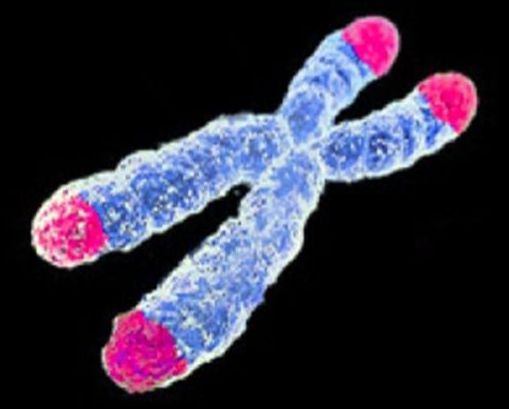Scientists successfully extended the average lifespan of mice by breeding them using embryonic stem cells with extra-long telomeres. The findings are significant because the researchers managed to extend lifespan without genetic modification, and they also shed light on the aging process and techniques that might someday slow it.
The study — published October 17 in Nature Communications — focuses on telomeres, which are stretches of DNA found at the end of chromosomes.
Because telomeres protect the genetic material inside chromosomes, they’ve been likened to the plastic tips on the ends of shoelaces. But telomeres have also been compared to bomb fuses, or “molecular clocks,” because they become shorter each time a cell divides, eventually shrinking so much that the cell dies or stops dividing. This shortening of our telomeres is associated with aging, cancer, and death.
